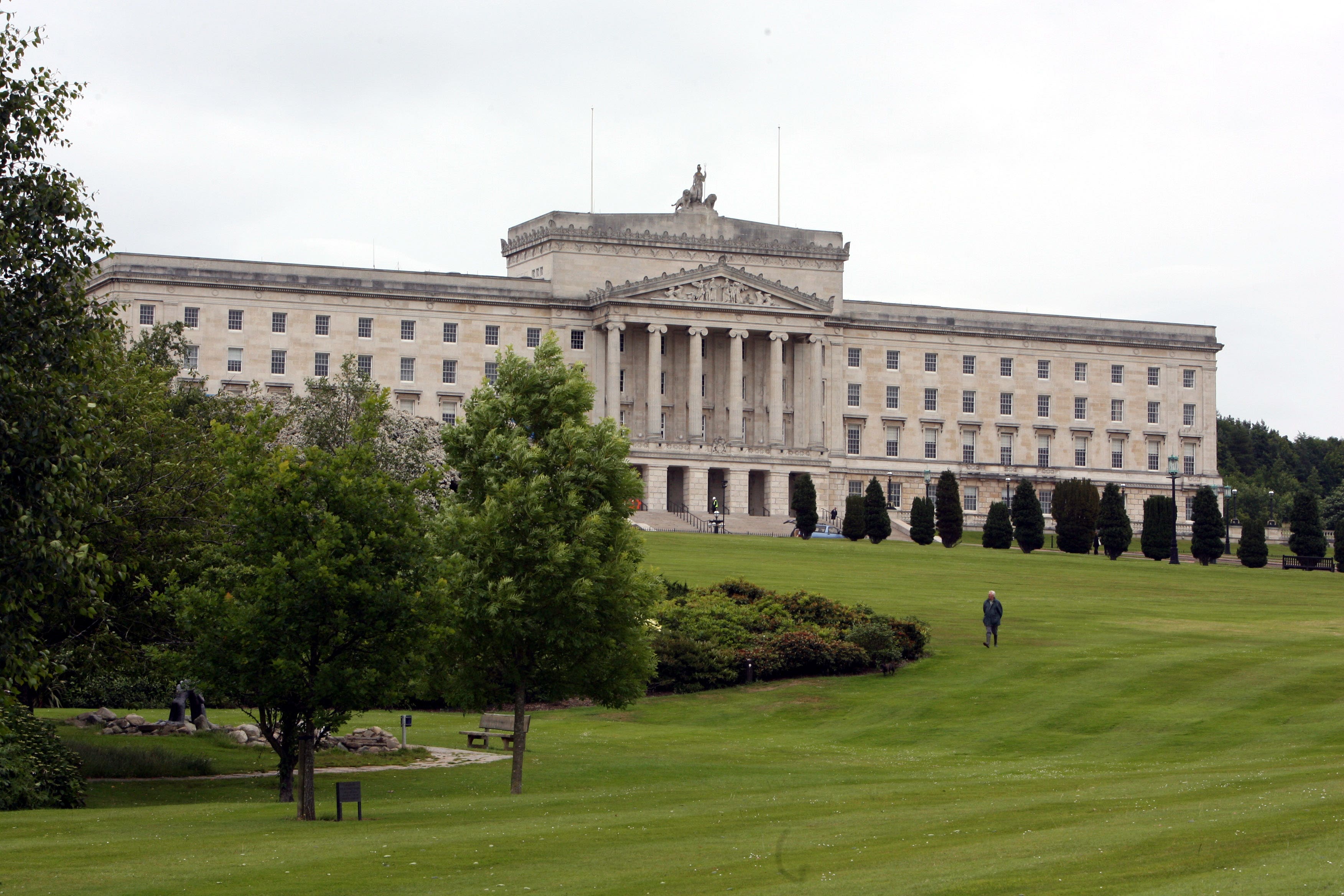‘Northern Ireland Protocol being used to hold institutions hostage’
The Parliamentary Assembly of the Council of Europe (PACE) urged politicians to return to power-sharing immediately.

Your support helps us to tell the story
From reproductive rights to climate change to Big Tech, The Independent is on the ground when the story is developing. Whether it's investigating the financials of Elon Musk's pro-Trump PAC or producing our latest documentary, 'The A Word', which shines a light on the American women fighting for reproductive rights, we know how important it is to parse out the facts from the messaging.
At such a critical moment in US history, we need reporters on the ground. Your donation allows us to keep sending journalists to speak to both sides of the story.
The Independent is trusted by Americans across the entire political spectrum. And unlike many other quality news outlets, we choose not to lock Americans out of our reporting and analysis with paywalls. We believe quality journalism should be available to everyone, paid for by those who can afford it.
Your support makes all the difference.The Northern Ireland Protocol is being used to hold institutions there “hostage”, the Council of Europe has heard.
Parties on both sides should “seek in a constructive spirit practical solutions” to ensure smooth implementation of the protocol, a debate at the Parliamentary Assembly of the Council of Europe (PACE) was told.
The assembly approved a resolution entitled “the impact of Brexit on human rights on the island of Ireland”.
Within that, it was stated that while polls have shown the protocol “is not a primary concern for the population”, it has been “used as a pretext to hold public institutions hostage”.
The resolution said Brexit had “reignited deep-seated tensions in Northern Irish society, furthering political division and contributing significantly to the paralysis of devolved institutions”.
Greek politician George Katrougalos, who is a representative on the Council of Europe assembly, lamented that “the main unionist party refuses to collaborate with the government according to the provisions of the Good Friday agreement”.
The DUP is blocking the functioning of the powersharing institutions in Belfast as part of its protest against the protocol that has created barriers on the movement of goods between Great Britain and Northern Ireland.
The UK Government has vowed to secure changes to the protocol, either by way of a negotiated compromise with the EU or through proposed domestic legislation that would empower ministers to scrap the arrangements without the approval of Brussels.
Current legislation says that unless Stormont is restored by October 28, Northern Ireland Secretary Chris Heaton-Harris has to call fresh Assembly elections, something he has said he is prepared to do.
Mr Katrougalos said: “We should all of us continue to support ways of making Northern Ireland institutions more stable and more resistant to political turbulence.”
He also warned that the UK “should avoid any unilateral acts”.
Relations between the UK and EU appear to have improved since Liz Truss became Prime Minister and London and Brussels have been talking up the potential for a deal through fresh negotiations.
Earlier this week, Irish Foreign Affairs Minister Simon Coveney said he was speaking with Mr Heaton-Harris regularly and committed to working “quite intensively over the next few weeks to try to create the conditions to allow all parties in Northern Ireland to believe that they can move back into the space to establish an executive and a functioning Assembly”.
Mr Coveney said he hoped for a “breakthrough on some of these issues in the next few weeks so that we can have the basis for a step forward on some of the contentious issues before the end of October”.
DUP leader Sir Jeffrey Donaldson has said that any agreement over the protocol must produce an outcome which is acceptable to unionists.
The PACE resolution called on parties in Northern Ireland to return to power-sharing “immediately” and to “refrain from political acts which undermine the ability of Northern Ireland’s institutions to function”.